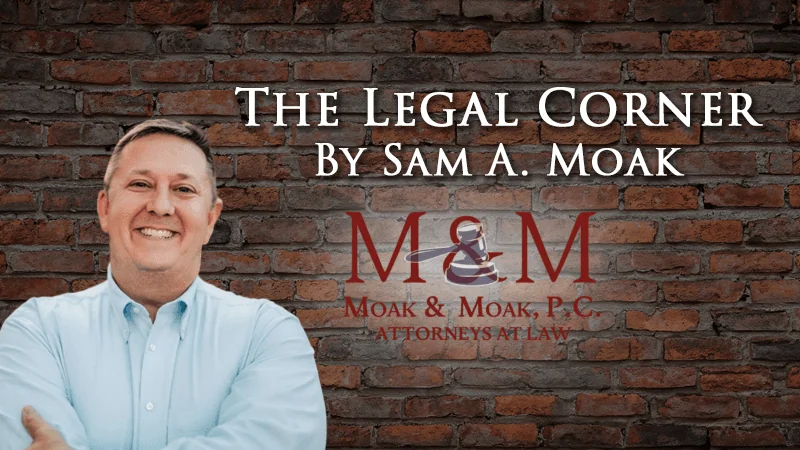The information in this column is not intended as legal advice but to provide a general understanding of the law. Any readers with a legal problem, including those whose questions are addressed here, should consult an attorney for advice on their particular circumstances.
Under current Texas law, a trust is not a legal entity. Instead, it is a fiduciary relationship in which the trustee holds property for the benefit of the Trust Beneficiaries. Therefore, a trust cannot be named as a grantee on a deed. This is because a trust does not exist and it is in capable of taking title to real property for purposes of real estate conveyances. See Fugedi v. United Rentals, CA 3:19-CV-00249 (S.D. Tex. Mar. 21, 2021.
Despite this inability for trusts to hold title, property in Texas is regularly conveyed to trusts instead of trustees. This mistake is likely made through a combination of the parties’ desire to remain anonymous and ignorance of Texas law. It is a common practice by title companies and attorneys to correct the grantee from the trust to the trustee with a correction deed. However, in a recent case out of the Federal District Court for the Southern District of Texas, this practice was questioned. In Fugedi v. United Rentals, the Court held that a deed conveying property into a trust instead of the trustee is void. The Court further held that such a conveyance cannot be corrected with a correction instrument. Fugedi appealed to the 5th Circuit.
The 5th Circuit reversed, holding that Texas law allows the grantee to be inferred when none is listed. The Court further held that even if Texas courts would not allow a grantee to be inferred under the facts of this case, Fugedi effectively corrected the mistake with a non-material correction instrument.
While the 5th Circuit seems to have corrected this potential industry-upsetting decision out of the District Court, some ambiguity remains on the issue of conveyances to trusts and how to correct them. So, the 88th Texas legislature resolved these ambiguities with House Bill 4284 which amended the Texas Property Code §114.087 to state that the trustee of a trust is considered for all purposes to be the named party to an instrument that names the trust as a party to the instrument in any capacity. It also states that the trustee of the trust may file a correction instrument.
If you have a trust or are thinking of creating a trust that will hold real property, then you should consult an attorney to be sure that the property is titled properly and how it may affect title insurance on the property.
Sam A. Moak is an attorney with the Huntsville law firm of Moak & Moak, P.C. He is licensed to practice in all fields of law by the Supreme Court of Texas, is a Member of the State Bar College and is a member of the Real Estate, Probate and Trust Law Section of the State Bar of Texas. www.moakandmoak.com


